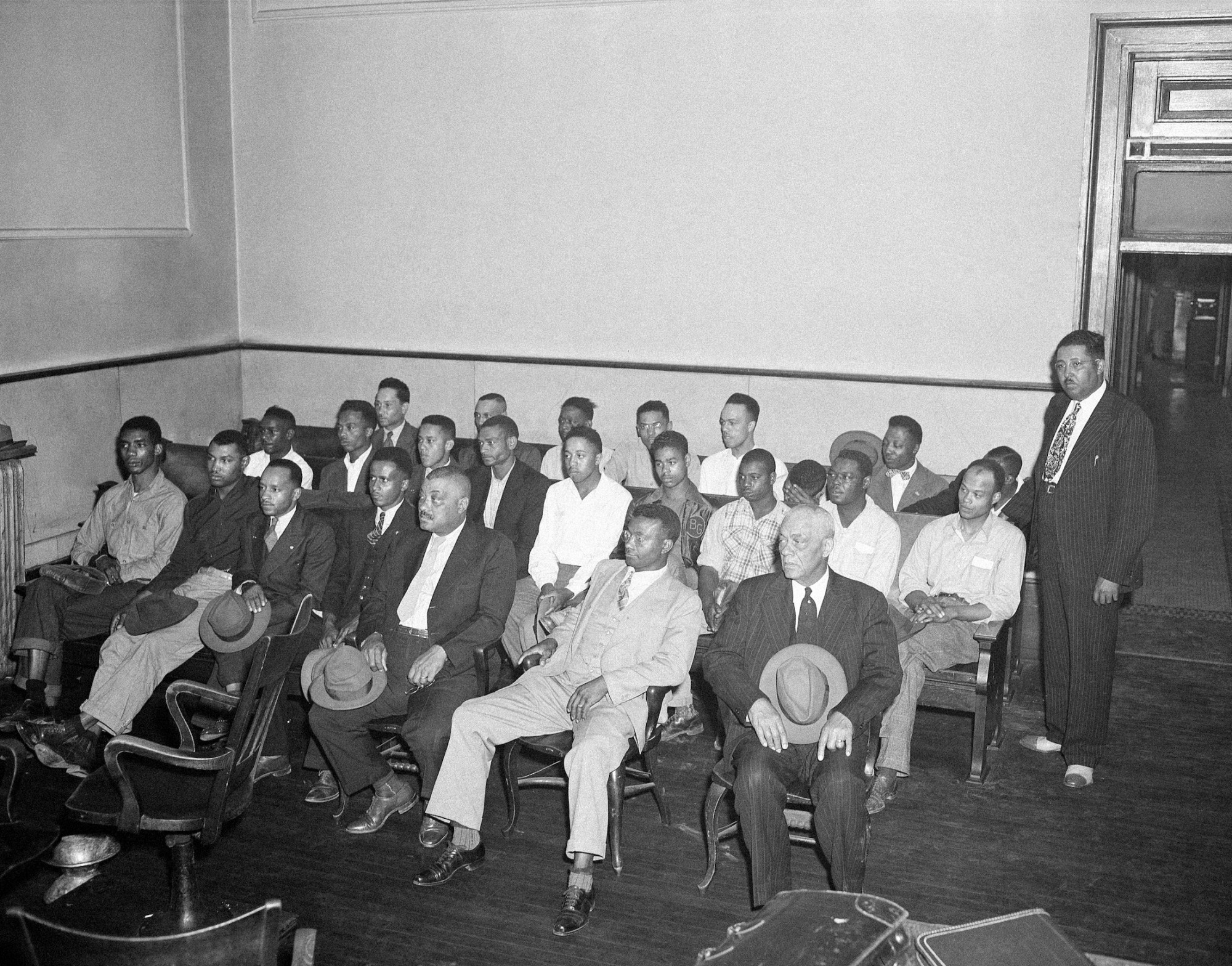One of the ugly realities of post–World War II America was the bigotry and violence that greeted returning African American soldiers and sailors.
When the United States first entered the conflict, fewer than 8,000 Blacks served in the country’s segregated armed forces. They filled mostly menial jobs—stewards, cooks, mess attendants, orderlies, drivers, stevedores.
In the regular Army, there were about 3,600 Black soldiers, but only five Black officers, and three of those were chaplains. By the time the war ended, the military was still rigidly segregated, but more than 1 million African Americans had served, many in combat roles.
These veterans rightly expected to be treated as full citizens of the nation they had just fought to defend, but returning to the Jim Crow South, where two-thirds of them lived, they were confronted with a sharp rise in lynchings, beatings, and other acts of violence. These crimes were generally condoned—and often instigated—by law enforcement.
Attacks on Black servicemen were duly chronicled by the nation’s vibrant African American press. But the stories that dominated the front pages of the Pittsburgh Courier, the Chicago Defender, the New York Amsterdam News, the Baltimore Afro-American, and others were generally ignored by a white press that was indifferent to the mistreatment of Black veterans. Many white editors seemed to consider such occurrences either too routine to be newsworthy—or too shameful to publicize. Newspapers in the South, particularly in smaller communities, shared an attitude that the returning Black GIs needed to be reminded of their proper place.
Those attitudes in the news business began to change when one of America’s most celebrated foreign correspondents traveled to rural Tennessee to cover the trial of 25 Black men—at least nine of them veterans—falsely accused of attempted murder.






